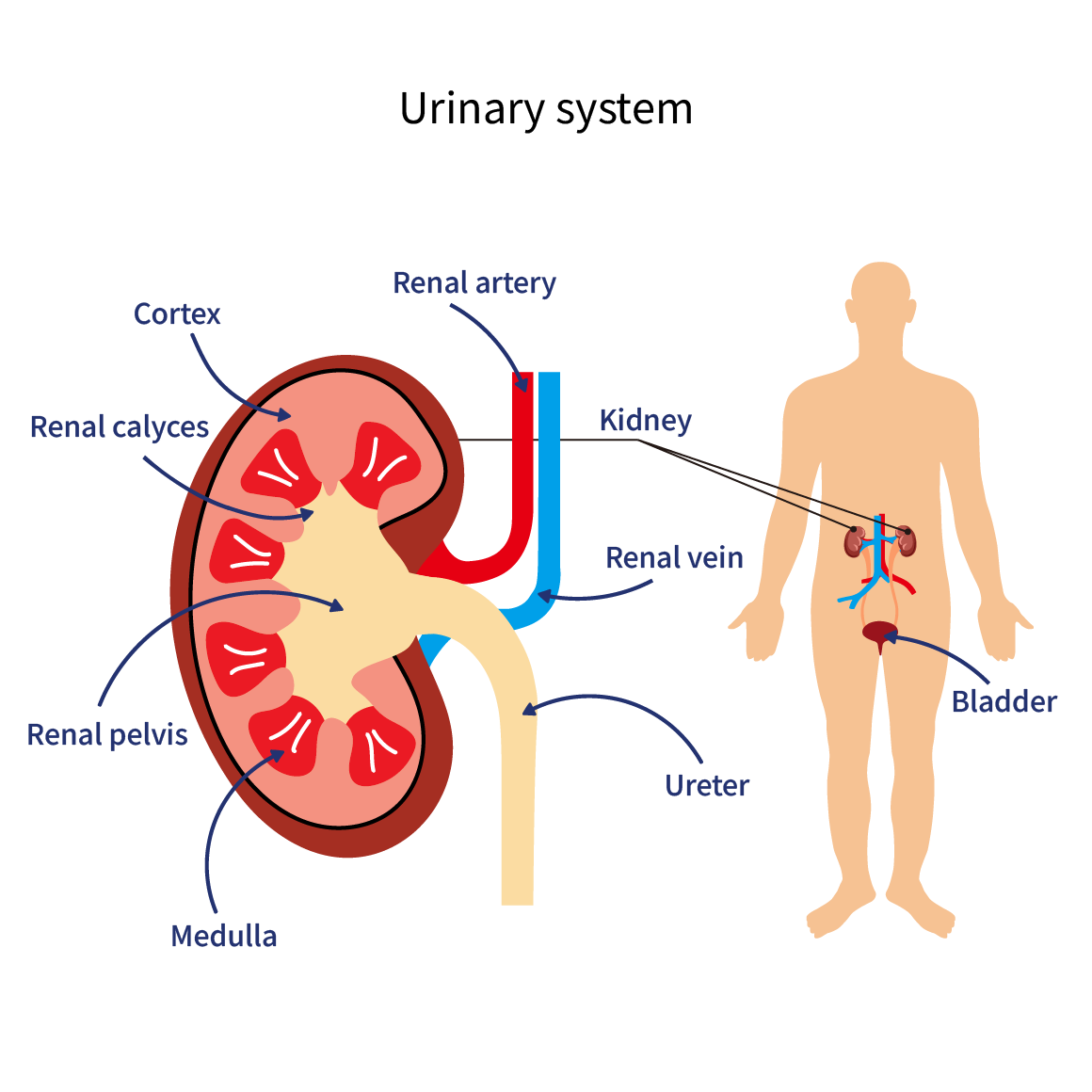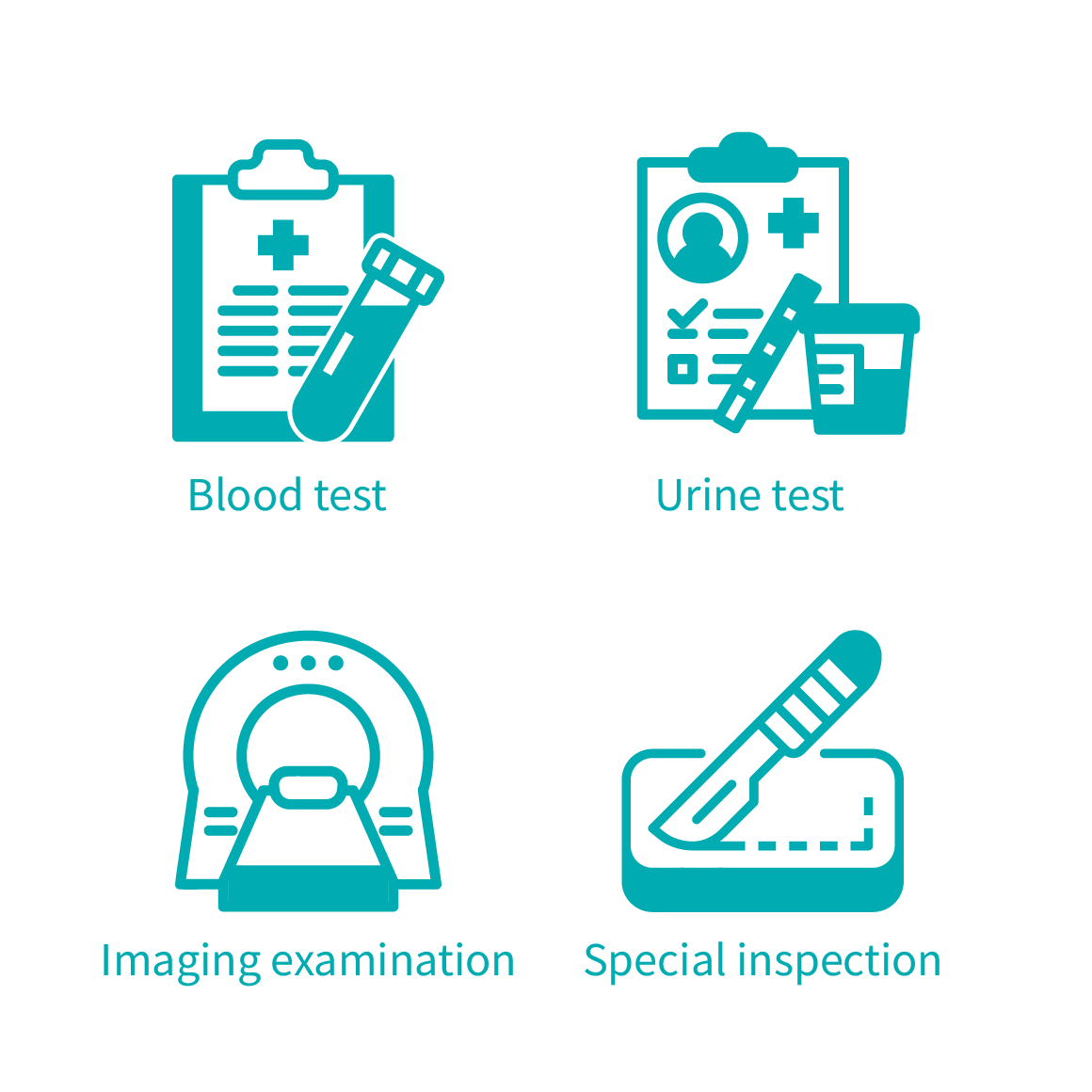
The kidneys are vital organs that play a critical role in maintaining overall health by filtering blood, removing waste products and excess fluids, and regulating electrolyte balance.
Proper kidney function is essential for a healthy body.
However, kidney diseases often develop silently in their early stages without noticeable symptoms.
As a result, regular kidney function assessments are a key step in detecting potential issues early and protecting long-term kidney health.
This article provides a comprehensive guide to kidney function assessment, including common testing methods and how to interpret key indicators of kidney health.
What Is a Kidney Function Assessment?
A kidney function assessment consists of a series of tests to determine whether the kidneys are functioning properly. These tests measure the kidneys’ ability to filter waste, remove toxins, regulate fluids, and maintain electrolyte balance in the body.
Why Are Kidney Function Assessments Important?
- Early Detection of Kidney Disease
Kidney diseases often progress without obvious symptoms in the early stages. Regular assessments allow for early detection, which can help prevent the condition from worsening.
- Monitoring Chronic Disease Patients
Patients with chronic conditions such as diabetes and hypertension are at a higher risk of developing kidney disease. Regular kidney function tests are essential to monitor their kidney health and identify any changes.
- Preventing Further Kidney Damage
Understanding your kidney function status allows you to take proactive measures to protect your remaining kidney function and slow the progression of kidney damage.
Common Kidney Function Tests
Kidney function assessments typically involve blood tests, urine tests, and imaging studies, along with specialized tests for more detailed evaluation.

Blood Tests
- Serum Creatinine
Serum creatinine is a waste product generated by muscle metabolism and is filtered out by the kidneys.
Normal Range: 0.6–1.2 mg/dL (may vary based on gender, age, and muscle mass)
Significance: Elevated serum creatinine levels suggest impaired kidney function. However, this marker alone is not sufficient to diagnose kidney disease and should be interpreted alongside eGFR.
- Estimated Glomerular Filtration Rate (eGFR)
eGFR is a key indicator that estimates how well the kidneys are filtering blood. It is calculated using serum creatinine levels, along with factors such as age, gender, and body size.
Normal Range: >90 mL/min/1.73㎡
Significance:
>90 mL/min/1.73㎡: Normal kidney function
60–89 mL/min/1.73㎡: Mild kidney function decline
30–59 mL/min/1.73㎡: Moderate decline (Stage 3 CKD)
15–29 mL/min/1.73㎡: Severe decline (Stage 4 CKD)
<15 mL/min/1.73㎡: Kidney failure (Stage 5 CKD)
If the eGFR falls below 60, further tests are recommended to confirm chronic kidney disease (CKD) and determine the appropriate treatment.
- Blood Urea Nitrogen (BUN)
BUN measures the amount of urea nitrogen in the blood. Urea is a waste product formed when the body breaks down proteins, and it is filtered out by the kidneys.
Normal Range: 7–20 mg/dL
Significance: Elevated BUN levels may indicate kidney dysfunction, but BUN levels can also be influenced by diet, dehydration, infection, and medications. Therefore, it is important to interpret BUN alongside other markers such as serum creatinine and eGFR.
Urine Tests
- Proteinuria
Proteinuria refers to the presence of excess protein in the urine. Normally, the kidneys filter out waste but retain proteins. If protein levels in the urine are high, it may indicate kidney damage.
Significance:
Mild Proteinuria (30–300 mg/day): May indicate early kidney damage.
Significant Proteinuria (>300 mg/day): Suggests more advanced kidney damage and glomerular dysfunction.
- Microalbuminuria
This test detects small amounts of albumin in the urine, which is an early marker of kidney damage, especially in diabetic and hypertensive patients.
Normal Range: <30 mg/g
Significance:
30–300 mg/g: Indicates early kidney disease.
>300 mg/g: Suggests significant kidney damage.
- Urine Sediment Examination
This test analyzes cells and particles in the urine, such as red blood cells, white blood cells, and bacteria.
Significance:
The presence of red blood cells may indicate bleeding in the urinary tract.
White blood cells or bacteria may suggest urinary tract infections (UTIs).
Imaging Tests
- Kidney Ultrasound
A non-invasive imaging test that evaluates the size, structure, and presence of kidney stones, cysts, or tumors.
- CT or MRI Scans
These provide detailed images of the kidneys and surrounding structures, useful for diagnosing complex kidney conditions.
Specialized Tests
- 24-Hour Urine Collection
This test measures the creatinine clearance rate by collecting all urine produced over a 24-hour period. It provides a more accurate estimate of kidney filtration capacity.
- Kidney Biopsy
A kidney biopsy involves taking a small tissue sample from the kidney for microscopic examination. It is often used to confirm specific kidney diseases and determine disease severity.
How to Prepare for a Kidney Function Test
- Dietary Restrictions
Avoid high-protein meals before certain tests (such as BUN), as protein intake can affect the results.
- Hydration
Ensure you are adequately hydrated before the test to prevent dehydration, which may impact the results.
- Avoid Intense Exercise
Refrain from vigorous exercise before the test, as it can temporarily elevate creatinine levels.
- Follow Medical Instructions
If your doctor has instructed you to perform a 24-hour urine collection or other specialized tests, make sure to follow their guidelines carefully.
Interpreting Test Results
- Normal Kidney Function
If your test results are within the normal range, your kidneys are functioning well. However, maintaining a healthy lifestyle is still essential to protect long-term kidney health.
- Impaired Kidney Function
If your results indicate impaired kidney function, seek medical advice promptly. Further testing may be necessary to determine the underlying cause and develop an appropriate treatment plan.
Conclusion
Regular kidney function assessments are essential for early detection of kidney issues, especially for those with chronic conditions like diabetes and hypertension. By understanding key indicators such as eGFR, BUN, and proteinuria, individuals can take proactive measures to protect their kidney health and prevent long-term complications.
Staying informed and undergoing regular kidney function tests can help ensure your kidneys remain healthy and efficient throughout your life.
